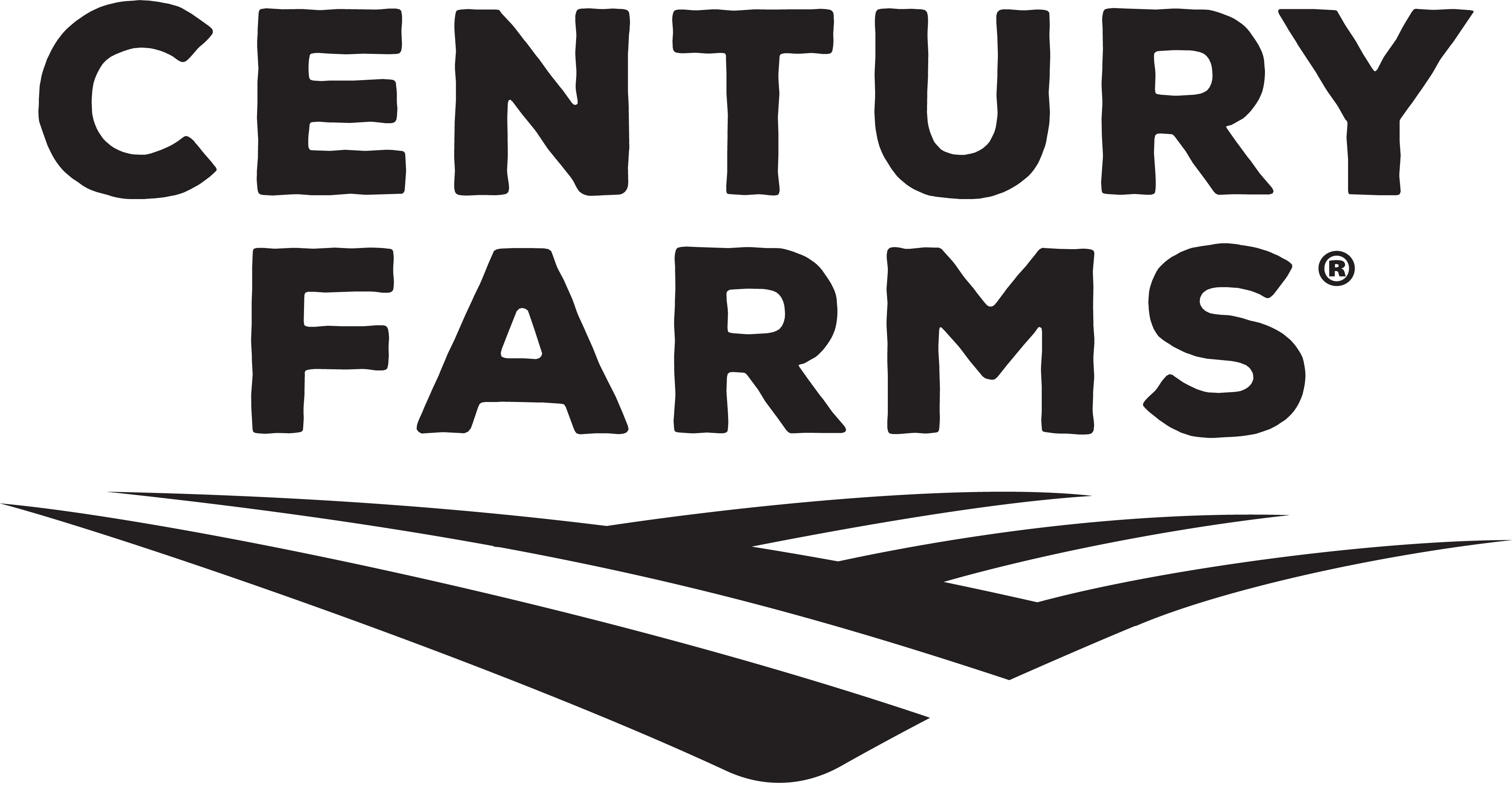Heiken Corn to Whiskey
Heiken Farms
Audubon County, Iowa
Century Farm
Peter Heiken was born on April 1, 1831, in Großholum, a village in the Ostfriesland region of Germany. He and his wife, Marie, along with their six children, emigrated to the United States aboard the ship Adler in 1867. The journey began in Bremen, Germany, and after several weeks at sea, the family arrived in New York City on June 25, 1867. From there, they traveled by train to Illinois, where they spent a few years before eventually settling in Iowa in 1871.
In late fall of 1871, the Heiken family made their way to Audubon County, Iowa, where they purchased eighty acres of land in Oakfield Township, Section 29, for $22.50/acre. Peter, a hardworking man dedicated to farming, began with general agriculture and over the years expanded his holdings. By the time he retired in 1899, Peter owned 320 acres of productive farmland. He lived to see the fruits of his labor, passing away on January 1, 1902.
Peter and Marie had eleven children, including their son Johann Remmer, who would later be known as John R. Heiken in the United States. John began working alongside his father on the farm and remained there until he was 26 years old. At the age of 30, John R. purchased 120 acres of land, which laid the foundation for his future success in farming and real estate. Over the years, John R. expanded his holdings to include 1,400 acres of land in Audubon County, becoming one of the area’s most successful and respected farmers. He was instrumental in improving the soil quality and increasing agricultural production, helping to drive the economic development of the region.
In addition to his farming success, John R. Heiken played a vital role in the founding of the town of Gates in Audubon County. Known for his remarkable intuition and strong business acumen, John R. was highly regarded by his peers and was a respected leader in Oakfield Township. On February 22, 1880, he married Bertha Knop in Atlantic, Iowa, and together they had six children, including their son Horace Greeley Heiken.
Horace G. Heiken, born on September 11, 1886, in Audubon, Iowa, continued the family tradition of farming. He married Anna Johanna Friedericke Knop on September 16, 1913, and they had three children, including their son Byard John Heiken, who was born on September 29, 1919, in Audubon County. Byard married Anna Mae Brown on May 24, 1943, and together they raised seven children over the course of 16 years.
Byard continued to farm the family land, but his inventive spirit led him to create the Heiken Dipstick, an accessory designed to help accurately measure oil levels in tractors. The invention proved so useful that John Deere eventually adopted the design, equipping their tractors with Heiken Dipsticks as standard. Byard’s invention became a staple in the agricultural industry, and his legacy is still celebrated today, with Heiken Dipsticks sometimes displayed on vintage tractors at events like the Iowa State Fair.
Byard practiced no-till farming, which was well ahead of its time. No-till farming is a method of growing crops without disturbing the soil through tillage. Instead, farmers use specialized equipment to create furrows for planting seeds and applying fertilizer. Byard invented a sprayer for tall corn. This allowed spraying of pesticides even after corn had reached full height. A wheel on the first model dropped into a hole and the sprayer tipped over, so he made a second model (yellow below) that was more stable.
The Heiken family’s deep roots in Iowa’s agricultural community continue to this day, with the current generation of Heikens farming the land Peter Heiken first purchased over a century ago. The family’s dedication to the land and their innovative spirit have made them an integral part of Iowa’s farming heritage, proudly producing corn and soybeans on the same fertile soil that has sustained the Heiken family for generations.
Gallery









